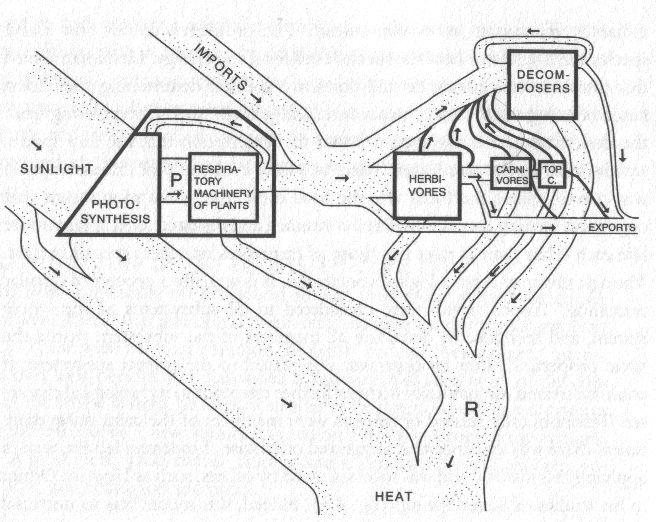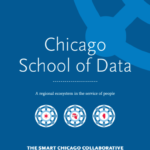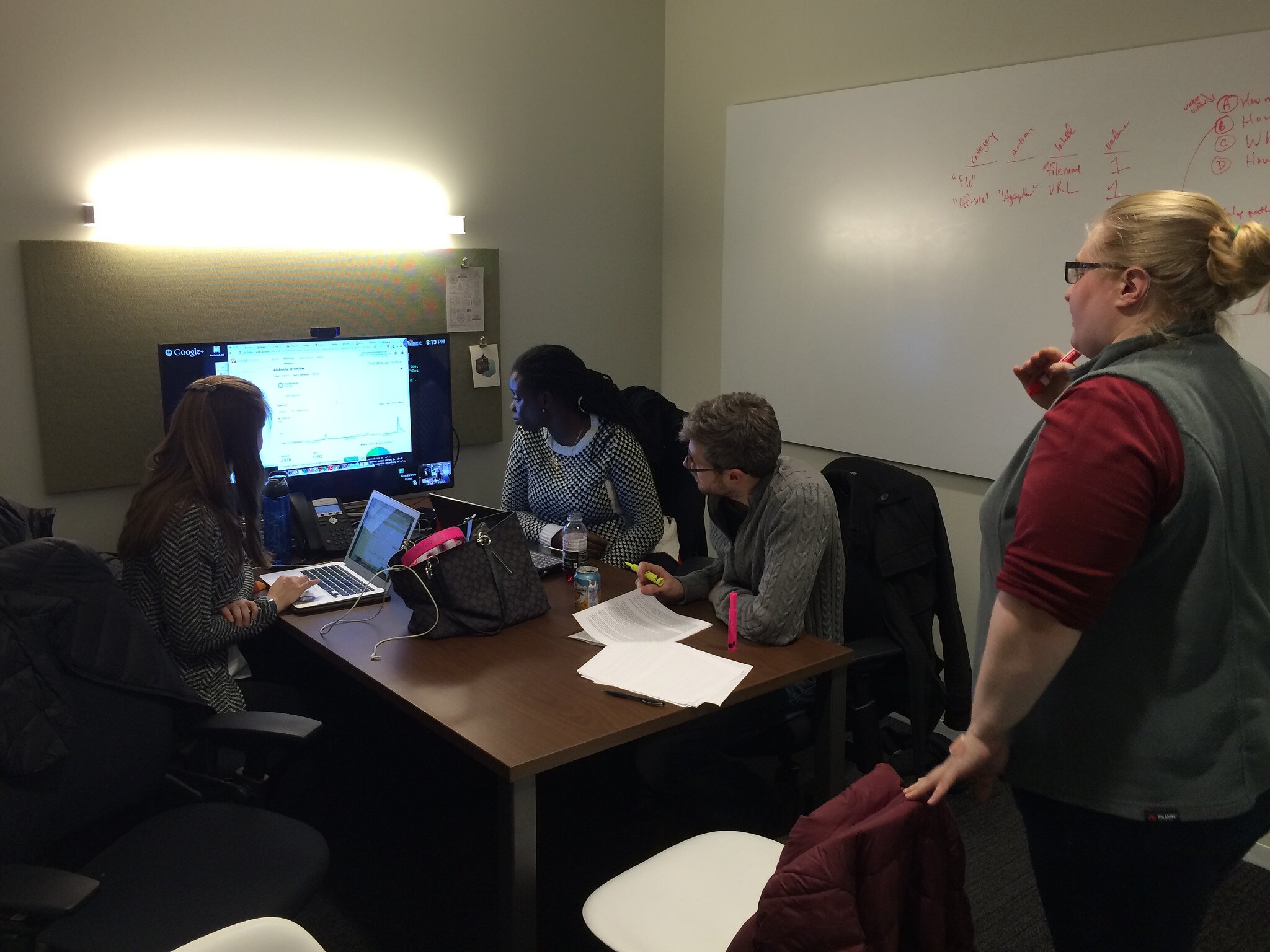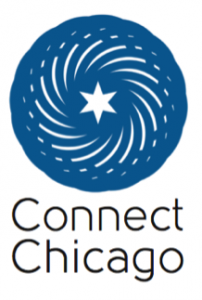As part of our post- Chicago School of Data Days work, we are doing lots of analysis of the data we’ve collected and the artifacts we created together.
One key dataset, especially for the consideration of gaps in data provision and skills development, are the answers to the census form we’ve been working on for months. We’ve got 246 responses to date. Here they are, with identifying information and end-matter (re: how they want to be contacted, participation in the project, etc.) removed.
Takeaways
The census form was a key part of the Chicago School of Data project and the conference. We took responses from this survey to better understand how data was used by organizations and responded by creating themes that defined the conference sessions and discussions.
Here are the themes that we came to:
Gaps:
We heard from organizations about their experiences and greatest challenges faced using data. Some organizations experience gaps in infrastructure, affordability of certain data tools and analysis, and access. We wanted to focus on these gaps and have organizations that face these challenges share their experiences or solutions.
Which are some of the greatest challenge your organization faces in using data?
Here are top responses:
- 123 responses – Unable to dedicate the time to data work given other demands
- 96 responses – Staff lack the necessary technical skills (computer literacy, data management, data analysis)
- 69 responses – Unable to gain access to the data we need
- 62 responses – Unable to afford the tools we need to make use of data
Sharing & Privacy:
There is an interest in sharing data and participating in open data initiatives. There also exists an interest in understanding what and how other organizations are doing.
Here is just one response we heard:
“It would be great to have access to more comparative data. For example, how are similar organizations performing? What are their best practices? Not only in terms of data collection but also how these practices translate into more effective services.”
Skills:
Through our discussions, we heard from organizations that the top skills organizations currently lack or need help developing include: data analysis, visualization, data management, and data preparation. We wanted to discuss not only resources that currently exist, but also focus on open source projects.
What skills does your organization currently lack, need help developing, or had the most trouble hiring/retaining talent?
Here are the top responses we heard:
- 138 – Advanced data analysis (big data, predictive analytics, etc.)
- 128 – Data visualization & communication/Data storytelling
- 102 – Data management, storage, and retrieval (Working with databases, web data, data sets from third parties)
- 86 – Data cleaning and preparation
- 71 – Basic data analysis (Knowing how to ask and answer basic questions using data)
Accessing Data:
Sometimes, the biggest barrier organizations face is accessing the data they need. We want organizations to share about their experiences accessing data, and then cover modes of access including searching and scraping, Freedom of Information Act, Memorandum of Understanding, City, County and State data portals, and simply asking in a culture of sharing.
Is there data that you want to use but you can’t because you can’t get permission to use it?
- 311 call data
- Academic journals
- Assessors data
- CDOT and CTA camera feeds
- CPS data
- County property data
- Court Data
- HMIS data from City of Chicago
- HUD homeless data
- Juvenile Crime
- Library/Computer usage data (detailed stats, computer usage in branches, library cards, number of patrons registered)
- Pesticide use
Is there data that you want to use but can’t because it’s too hard too work with?
- Analytic Software
- Census data
- City of Chicago portal data
- County property data
- Customer data trends
- Constituent data
- CPS data
- Federal spending in Illinois
- GIS data
- HMDA/Foreclosure activities
- Mapping data
- PDF files
On Ramps:
Chicago has one of the most mature ecosystems focused on technology and skills building. We wanted to highlight opportunities for organizations to learn about resources that already exist and discover new opportunities for new on-ramps through our regional ecosystem.
Tools:
Based on our surveys and interviews, we learned that the top tools organizations use include: desktop and online spreadsheets, Web site data analysis tools, and online surveys. During the conference, we discussed resources to collect, clean and map data.
Which of the following data tools does your organization used in the past 9 months?
The number represents the number of times a response was selected.
- 203 – Desktop Spreadsheets (Excel, Numbers)
- 152 – Online Surveys (Google Forms, Survey Monkey, Wufoo, etc.)
- 141 – Online Spreadsheets (Google Docs, Fusion Tables)
- 123 – Website Data Analysis Tools (Google Analytics, etc.)
- 116 – Proprietary CRM/Database Tools (Salesforce, Oracle, Highrise, Access, etc)
- 69 – GIS & Mapping Tools (ArcGIS, CartoDB, TileMill, etc.)
- 44 – Proprietary Analysis Programs (Stata, SAS, SPSS, Matlab, etc)
- 46– Open Source Databases (MySQL, PostGRES, MongoDB, etc.)
- 35 – Proprietary Data Visualization Tools (Tableau, etc.)
- 34 – Open Source Data Analysis Tools (R, Python, Pentaho, etc.)
- 12 – Open Source CRM Tools (CiviCRM)
What’s next
Smart Chicago is taking the information from these census surveys, interviews with organizations, and the conference sessions to write a report that will come out in early March 2015.
We will continue to share analysis as we continue the work. Again, here is the raw data from the census form surveys. Here is a report that we compiled after the conference with some analysis of responses.







